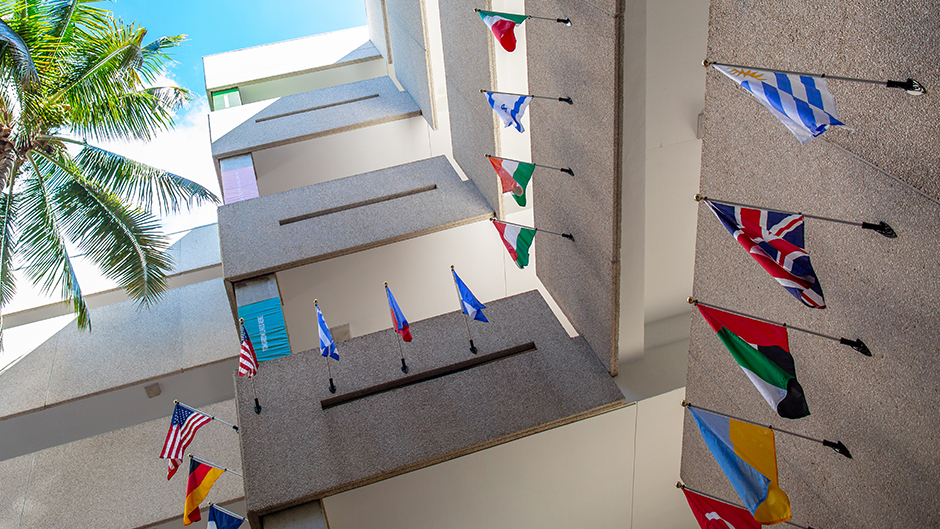The recent White House immigration proclamation suspends the entry of new H-1B, L-1, H-2B and certain J-1 nonimmigrants, as well as their spouses and dependents, and will extend the existing ban on certain immigrant entries through Dec. 31, 2020. This proclamation will not impact the University’s community of current J-1 students, physicians, professors, and scholars.
According to the Trump Administration, the proclamation is designed to protect U.S. workers and slow the unemployment rate.
HR’s Immigration Services team will host a one-hour, virtual question and answer session on Thursday, July 9, at 3 p.m. to discuss the new proclamation and its impact on the University community.
The Immigration Services team will continue to process H-1B visas for new hire foreign nationals who are abroad; however, they will not be able to enter the U.S. until after Dec. 31, unless eligible for a COVID-19 waiver. Based on the amended proclamation, only individuals with valid visas in their current status will be permitted to travel internationally and reenter the U.S. This means that if you have a valid H-1B status inside the U.S. and do NOT have a valid H-1B visa in your passport, you should NOT travel abroad. If you do, you may not be able to obtain a new visa and reenter the U.S. until 2021.
The proclamation also provides for discretionary waivers of the restrictions for foreign nationals whose entry would be in the U.S. national interest, including those who are necessary to facilitate the immediate and continued economic recovery of the United States; those involved with clinical care or research related to the diagnosis, treatment, and prevention of COVID-19; and those who are critical to the defense, law enforcement, diplomacy, or national security of the United States.
Waiver procedures are expected to be developed by the State Department in consultation with the Departments of Labor and Homeland Security and will be decided on a case-by-case basis.


